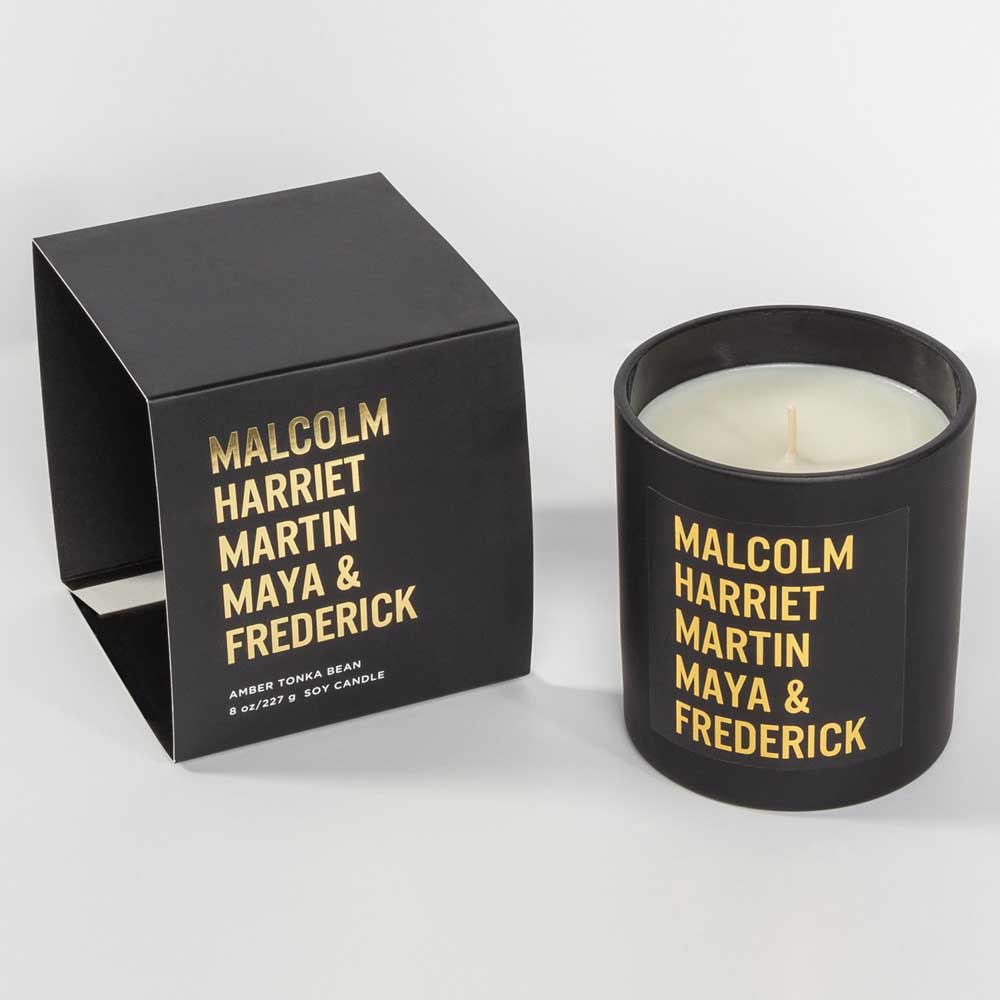Employees push Target to embrace Black History Month
Published 12:00 am Wednesday, February 6, 2019

- A candle being sold as part of the Black History Month collection at Target. (Target/TNS)
Four years ago, a group of Target employees convinced the retailer to try a test during Black History Month that would gauge customers’ interest in African-American themed merchandise.
They got an earful. Shoppers wanted more items from black-owned businesses. They wanted more variety. They wanted more prominent displays.
This year, the retailer is making a big bet on that idea.
Target tripled the number of stores carrying its Black History Month collection compared with last year and broadened the number of items, all of which are curated or designed by employees.
Nationwide, 700 of its 1,850 stores will carry the items through the end of February. It also created a dedicated space on its website at target.com/celebrateblackhistory.
“We’re really upping the bar to be sure that our guest is understanding our intention and our thinking behind it,” said Tawnya Artisst, a product design and development director who has helped lead work on the assortment.
Target has had a public campaign tied to Black History Month since 2006.
Past efforts have included supporting the Smithsonian’s National Museum of African American History, featuring prominent African-Americans in its advertising and promoting a limited number of exclusive black history-geared products in stores.
This year’s effort differs in size, scope and tone, Artisst said.
More than 100 items are featured across various departments, including skin care and beauty products for men and women, graphic T-shirts, baby clothes, home decor, books and music. The assortment has been in stores since Jan. 6.
Stores were selected based on demographics and an analysis of product sales that resonate with African-Americans, Artisst said. Retail analysts don’t keep separate sales numbers of specialty events, such as Black History Month.
Marketing experts say they can be effective tools to get shoppers into stores and clicking online.
“Ultimately it’s for all people,” Artisst said. “We want everyone to celebrate black history.”
The initiative began within Target’s African American Business Council, an employee group started in 2004 in part to help the retailer develop and market products that “feel authentic, relevant and respectful,” according to the company.
The group, one of six that Target refers to as “resource groups,” now has 1,000 members.
From the beginning, Target assigned a cross-functional team to the project.
It included members of the African American Business Council but included engineers, designers, merchandisers, store planners and sourcing specialists.
“It has been an ongoing learning process,” said Artisst, who was in charge of the African American Business Council’s business initiatives and allied partnerships pillar for the past four years. This year’s marketing campaign is more personal, she said, which is most evident on the company’s e-commerce site.
Three African-American employees from different departments at Target highlight their favorites from the Black History Month collection, with quotes and personal stories.






